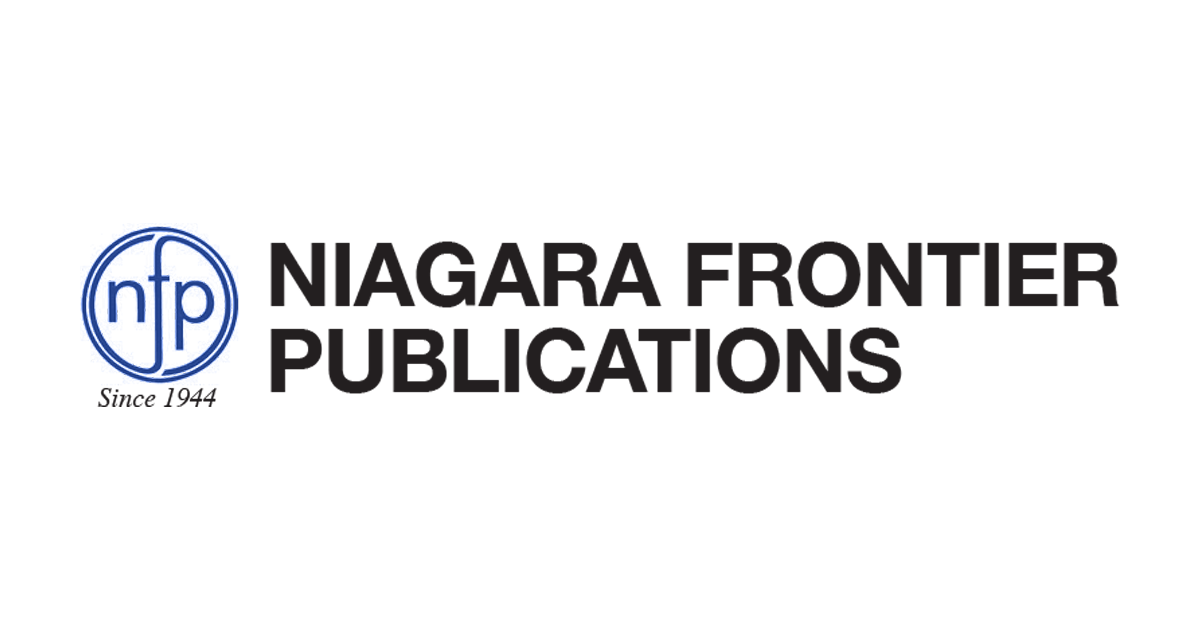To flush or not to flush? Protect & preserve your septic system with these reminders during SepticSmart Week
Fri, 09/16/2022 1:45 p.m
What you put on your toilet can affect the environment
Submitted by the Erie County Department of Health
The third week of September is SepticSmart Week and the Erie County Department of Health and Erie County Department of Environment and Planning (ECDEP) are taking this opportunity to raise awareness of the importance of proper maintenance and care of wastewater treatment plants.
“Water quality affects all living things and we want to encourage all actions to protect the health of our largest local body of water, Lake Erie,” said ECDEP Commissioner Daniel Castle. “The rivers and streams that flow into Lake Erie originate in the backyards of homes with septic systems. By working with homeowners, we can ensure freshwater sources are preserved and public health is protected by preventing water pollution.”
ECDEP is coordinating a free virtual event on Tuesday, September 27 from 7:00 p.m. to 8:00 p.m. on “Septic Smart for Lake Erie”. Learn how to properly care for your septic system. Entrants are eligible to win door prizes and receive a $30 rebate for pumping out a septic tank. Register at www.erie.gov/septicsmart.
Sewage treatment plants, or on-site wastewater treatment systems, are designed to handle wastewater from homes or properties that are not connected to a public sewage system. About one in five homes in the United States rely on septic systems to treat their wastewater – including more than 47,000 properties in Erie County. These systems treat effluent from sinks, toilets, laundries and showers through biological and mechanical processes that typically involve settling solids in an underground tank. The processes end with the wastewater fraction being treated in a soil drainage field (also known as a lye field) and sometimes in a sand filter on the farm.
What does my toilet have to do with the environment?
Without a functioning septic tank, harmful nutrients, viruses, and bacteria can contaminate the water bodies near your home or business. A well-functioning system can help remove these components from the ground, but an overfilled tank or clog in the drain field can lead to waste buildup in nearby watercourses, foul odors, and contamination of drinking water sources. High bacterial counts can also lead to beach closures.
ECDOH’s Department of Environmental Health receives between 1,100 and 1,500 applications for the transfer of ownership or replacement of treatment plants each year. The ECDOH website contains additional information on sewage systems for new construction, installation, repair/replacement and inspections.
What runs down a toilet or household drain can damage your septic system. Only flush human waste and septic toilet paper. Do not rinse out any of the following:
√ Fat or oil for cooking
√ Paper towels
√ Hygiene products: baby wipes or wet wipes, even if they say “flushable”; menstrual products
√ Coffee grounds
√ Medication or pills: dispose of at a medication disposal kiosk (thepointny.org)
√ Household chemicals such as gasoline, oil, pesticides, antifreeze, and paint or paint thinner
Regular maintenance of the sewage system can prevent it from overflowing and eventually clogging the drain field. Some signs that your system may have a problem are:
√ Pool water
√ Excessively healthy looking lawn just above the runoff field
√ Slow drains or toilets
√ Unpleasant smells
√ Sewage backlog
ECDOH produced a short video entitled “To Flush or Not to Flush” describing what can and cannot be flushed down toilets with septic systems: https://www.youtube.com/watch?v= 4WeV0qt652w.
For more:
√ Erie County Department of Health (ECDOH), Onsite Wastewater Treatment System: https://www2.erie.gov/health/index.php?q=onsite-wastewater-treatment-system
√ Erie County, SepticSmart: https://www4.erie.gov/septicsmart/maintenance
√ US Environmental Protection Agency, Sewage Treatment Plant FAQ: https://www.epa.gov/septic/frequent-questions-septic-systems



Comments are closed.